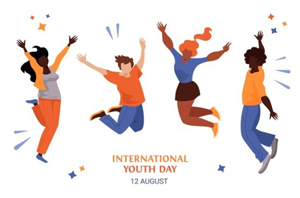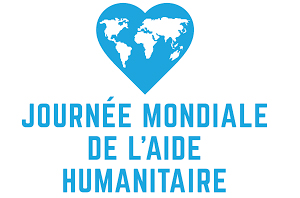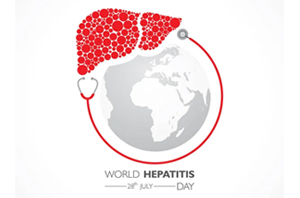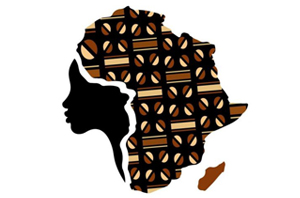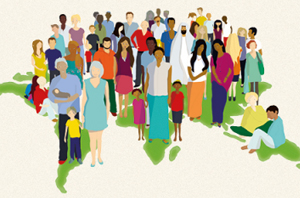- Autoroute Yaoundé-Nsimalen, lieu dit Ola Ahala
- (+237) 222 23 36 34
- secretariat@pressejeunedev.org
- FR


Upcoming Events
World population day
In 1989, the Executive Board of the United Nations Development Program recommended that the international community observe July 11 as World Population Day, a day to draw attention to the urgency and importance of the problems demographics. The General Assembly of the United Nations decided, by its resolution 45/1216 (December 1990), to continue to observe World Population Day in order to raise awareness of population problems, including their relationship to the environment and development.
The day was first celebrated in 1990. Since then, a number of United Nations Population Fund (UNFPA) country offices and other organizations and institutions have commemorated World Population Day, in partnership with governments and civil society.
International youth day
International Youth Day, adopted by the United Nations General Assembly in 1999, is commemorated annually on August 12 to draw international attention to youth issues and celebrate the potential of young people in as partners in society.
World Breastfeeding Week
World Breastfeeding Week is held every year to promote this practice so that infants around the world are healthier. This week commemorates the "Innocenti" Declaration on the Protection, Promotion and Support of Breastfeeding, signed by WHO and UNICEF in August 1990. Its aim is to raise public awareness of the problem of newborn breastfeeding and to encourage expectant mothers to breastfeed their babies. Breastfeeding refers to the biological norm for mammals to feed their young with the milk produced by the udders.
World Humanitarian Day
The date of World Humanitarian Day was chosen by the United Nations General Assembly in reference to the 19 August 2003 attack on the United Nations Headquarters in Baghdad, Iraq. This day is an opportunity to pay tribute to all those who have lost their lives during their humanitarian commitment, and celebrates the spirit of humanitarian work around the world. UNV joins the world in honoring those who face danger and adversity to help others.
World Hepatitis Day
World Hepatitis Day, July 28, is an opportunity to intensify international efforts to fight this disease, to encourage the commitment of individuals, partners and the general public, as well as to highlight the need stronger global response, as described in the WHO World Hepatitis Report published in 2017.
The date of July 28 was chosen because it corresponds to that of the birth of the Nobel Prize winner, Dr. Baruch Blumberg, who discovered the hepatitis B virus and developed a test and a vaccine against it.
The main gap to be filled relates to the low coverage of testing and treatment to achieve the global elimination goals by 2030.
African Women's Day
The International Day of African Women (JIFA) has existed since 1964 and is the initiative of Aoua Keïta. It takes place on July 31 of each year. July 31 because, on that day in 1962, women from across the African continent came together for the first time and created the very first organization dedicated to African women: the Pan-African Women's Organization. The goal of these women was, despite ethnic and linguistic differences, to unite their forces, to work together around a common ideal, in particular that of contributing to the significant improvement of the living conditions of African women and their emancipation. . Following the meeting of African women in Dar Es Salam, the JIFA will be promulgated by the United Nations in 1962 before being officially consecrated on July 31, 1974, during the first Congress of the Pan-African Women's Organization which took place held in Senegal.
World day without plastic bags
The omnipresence of plastic in the environment, in the form of macro waste or in microscopic form has been denounced for years, in vain...
About 10 million tons of plastic waste are discharged into the oceans each year, and they contribute in particular to the formation of the famous "continents of waste", this soup of plastic which accumulates with the sandstone of the ocean currents over millions of km² and which are deadly traps for marine animals.
To make the general public aware of this major environmental problem, a world day without plastic bags was initiated in 2010 by the Gaia network and Zero Waste Europe. This day is an opportunity for citizens and associations to organize events showing how we can reduce our use of plastic bags, and more broadly of all plastic packaging.
World population day
In 1989, the Executive Board of the United Nations Development Program recommended that the international community observe July 11 as World Population Day, a day to draw attention to the urgency and importance of the problems demographics. The General Assembly of the United Nations decided, by its resolution 45/1216 (December 1990), to continue to observe World Population Day in order to raise awareness of population problems, including their relationship to the environment and development.
The day was first celebrated in 1990. Since then, a number of United Nations Population Fund (UNFPA) country offices and other organizations and institutions have commemorated World Population Day, in partnership with governments and civil society.
World refugee day
World Refugee Day is an international day that was established by the United Nations to honor refugees around the world. Celebrated every year on June 20, it shines a light on the perseverance and courage of people who have been forced to flee their country of origin to escape conflict or persecution. World Refugee Day is an opportunity to foster greater understanding and empathy for the plight of refugees and to share their resilience as they start new lives.




